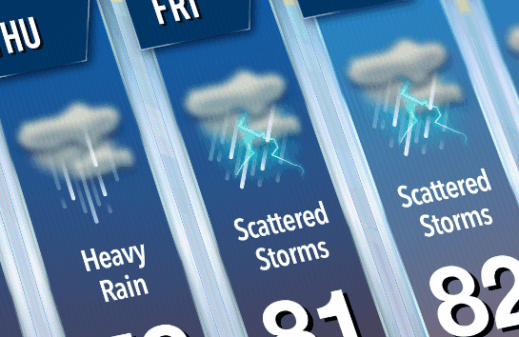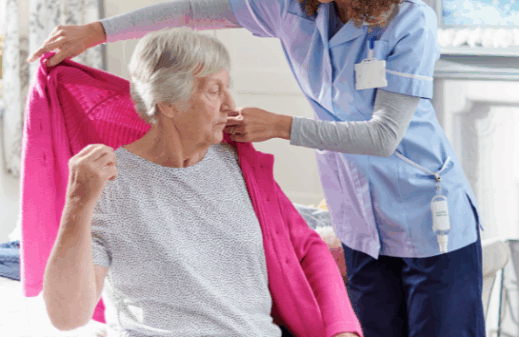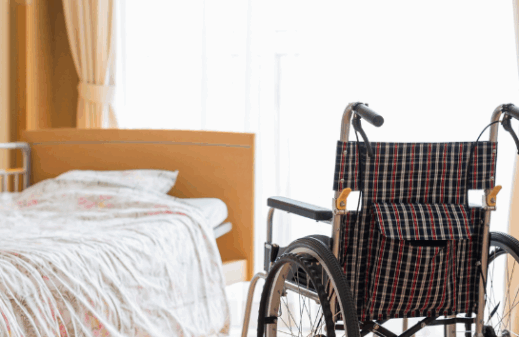If you are a caregiver to an older adult, it is important to know the signs and symptoms of heat exhaustion and to know the ways to prevent it. Seniors, people aged 65 years and older, are typically more prone to the stress from extreme temperatures than younger people for a number of reasons. For example:
- Seniors do not adjust as well as young people to extreme changes in temperatures.
- Seniors tend to have chronic medical conditions that can alter their normal body response when exposed to higher temperatures.
- Seniors often take prescription drugs that can inhibit their body’s ability to perspire.
Heat Exhaustion
It is important to be careful of heat exhaustion in seniors. Simply put, heat exhaustion is a heat-related illness. It is one that can develop after many days of exposure to high temperatures and dehydration.
Signs of Heat Exhaustion
- Excessive sweating
- Paleness of the face and limbs
- Muscle cramps
- Headaches
- Weakness
- Dizziness
- Weariness
- Nausea or vomiting
- Fainting
- Clammy skin
- Weak pulse
- Fast and shallow breathing
Ways to Prevent Heat Exhaustion
As a caregiver, there are a number of things you can do to prevent heat exhaustion in seniors. Always provide plenty of cool, non-alcoholic beverages when the temperatures are hot. But make sure to avoid extremely cold liquids because those can cause cramps.
Make sure that the seniors in your care get plenty of rest and take nice cool showers or baths, even sponge baths will help.
They should stay in air-conditioned environments (especially during the heat of the day) and wear lightweight clothing, and seniors should avoid strenuous activities.
If you notice any of the above symptoms, it is important to call a doctor right away or seek medical attention.



